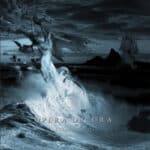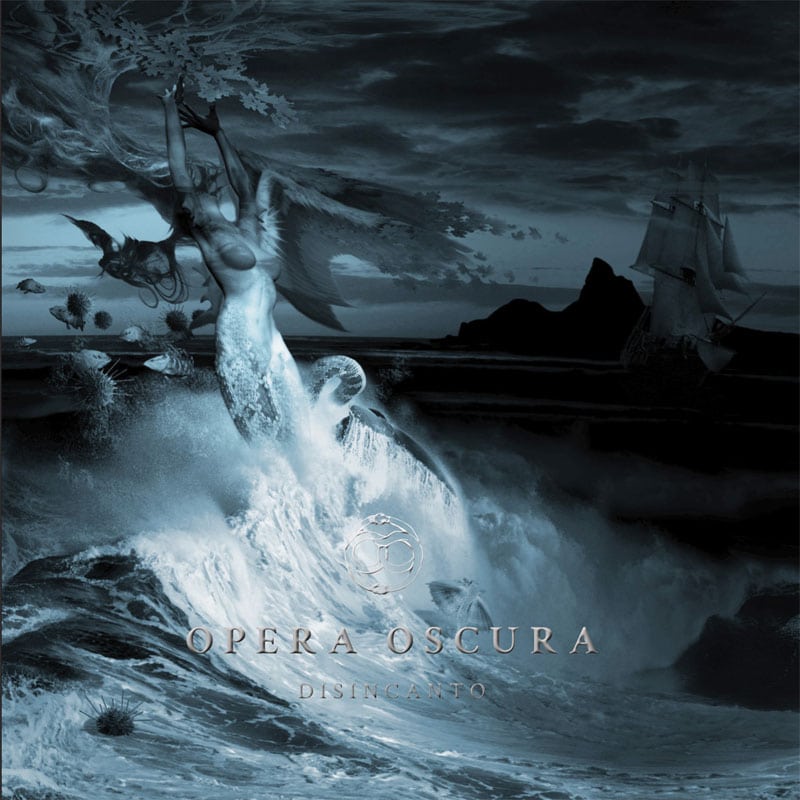L’ANDROMEDA RELIX è orgogliosa di annunciare la pubblicazione dell’album di esordio dei romani OPERA OSCURA: “Disincanto”. La band è guidata dal tastierista e compositore Alessandro Evangelisti e dal chitarrista Alfredo Gargaro, che unitamente agli altri componenti hanno dato vita ad un progetto capace di fondere rock progressivo, pulsazioni rock e tracce di dark rock moderno.
L’obiettivo della band è quello di portare avanti una musica immaginifica e cinematografica, che sia in grado di veicolare una molteplicità di emozioni ulteriori rispetto a quelle meramente uditive, nella continua ricerca del superamento dei limiti strutturali del brano musicale. Ed è in questa visione che un lirismo tipicamente italiano, derivato dalle radici del bel canto operistico, viene permeato da oscurità strumentali, in un gioco di contrasti tra luci melodiche e ombre sinfoniche. Contrasti che vengono volutamente evidenziati nella teatralità dei testi, dove all’interno di una forte drammaticità della scena, è possibile dare spazio a momenti di onirica dolcezza.
***
Debut album by OPERA OSCURA. The band is led by keyboardist and composer Alessandro Evangelisti and guitarist Alfredo Gargaro, who together with the other members give life to a project which aim is to merge progressive rock, rock pulsations and traces of modern dark rock.
The band want to carry forward imaginative and cinematic music, which is capable of conveying a multiplicity of emotions beyond those merely auditory, in the continuous search for overcoming the structural limits of the piece of music. And it is in this vision that a typically Italian lyricism, derived from the roots of opera’s bel canto, is permeated by instrumental obscurities, in a play of contrasts between melodic lights and symphonic shadows. Contrasts that are deliberately highlighted in the theatricality of the lyrics, where within a strong drama of the scene, it is possible to give space to moments of dreamlike sweetness.
The band want to carry forward imaginative and cinematic music, which is capable of conveying a multiplicity of emotions beyond those merely auditory, in the continuous search for overcoming the structural limits of the piece of music. And it is in this vision that a typically Italian lyricism, derived from the roots of opera’s bel canto, is permeated by instrumental obscurities, in a play of contrasts between melodic lights and symphonic shadows. Contrasts that are deliberately highlighted in the theatricality of the lyrics, where within a strong drama of the scene, it is possible to give space to moments of dreamlike sweetness.




